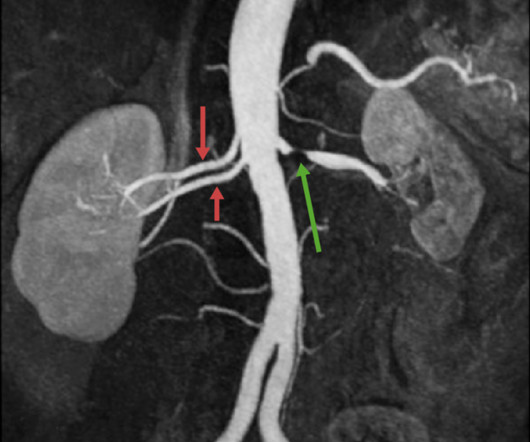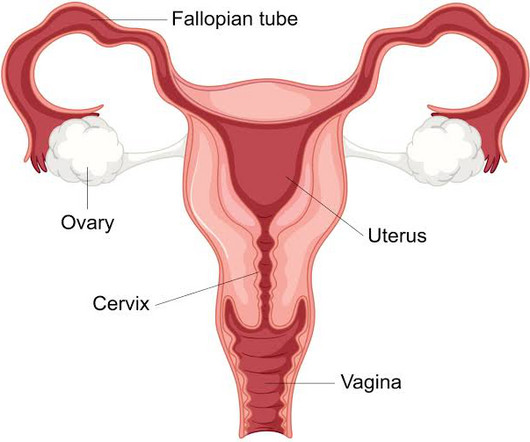What Is Nutrition Counseling and How it Can Help You Achieve Your Weight Management Goals
Dr. Michael Bazel
DECEMBER 7, 2024
Yet, for many people, weight management feels like an uphill battle. It takes into account several key factors: Health conditions: Properly managing health concerns like diabetes, high blood pressure, or digestive disorders. Weight management goals: Supporting efforts to lose, gain, or maintain weight effectively.


















Let's personalize your content